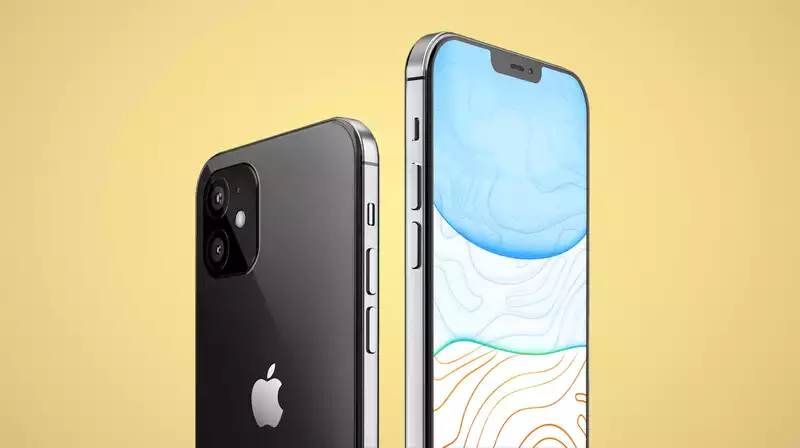Despite rumors of a September 8 launch event, the iPhone 12 release date looks to be October again. And it looks like the new iPad will be along for the ride.
The latest person to make this claim is Jon Prosser of Front Page Tech, who has a very short tweet on the subject, and he has a mixed track record on Apple predictions.
[Updated July 30] [Updated July 30] Apple said during its quarterly earnings call with analysts that the iPhone 12 will not ship in September.
Apple typically releases its flagship iPhone every September. However, with the coronavirus outbreak disrupting the plans of companies around the world, it is understandable that the iPhone 12 will arrive late.
That does not mean that the iPhone 12 will not make its first appearance in September, but that it will be released a little later than usual. This is similar to how the iPhone X was announced in September in 2017 and released in November.
Qualcomm has also strongly hinted at this October launch. The company revealed on its earnings call that a delay in the "global 5G flagship phone launch" by one of its partners would lead to lower revenues. Given that Apple has purchased a 5G modem from Qualcomm, it is reasonable to assume that this comment refers to the iPhone 12.
Prosser's tweet also mentions the new iPad; the iPad Pro was refreshed earlier this year, so the new model will likely be an update to the iPad Air. Expected upgrades include a new chipset, a slightly larger 10.8-inch display, and a USB-C port instead of Apple's typical Lightning port.
The iPhone 12 will reportedly consist of four models, all of which will feature an OLED display, a new A14 Bionic chipset, and 5G connectivity. The standard iPhone 12 is 5.4 inches and the iPhone 12 Max is 6.1 inches, with two rear cameras, a main sensor and an ultrawide sensor.
The iPhone 12 Pro and iPhone 12 Pro Max will be 6.1" and 6.7" respectively and will also feature a telephoto camera and an all-new LiDAR depth sensor for better photo effects. The Pro model may also have a 120 Hz display refresh rate, while the standard model will remain at 60 Hz, just like previous iPhones.










Comments